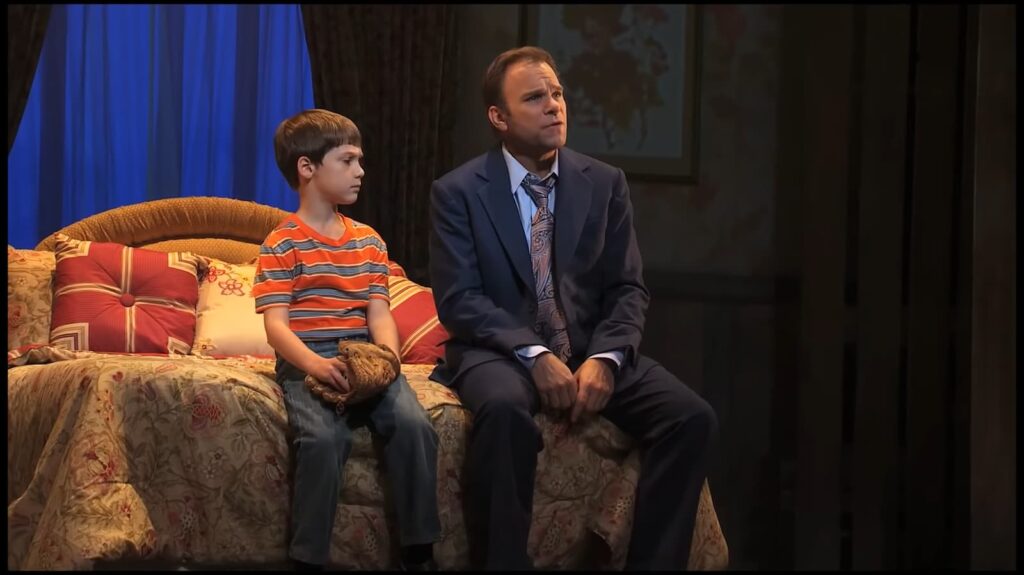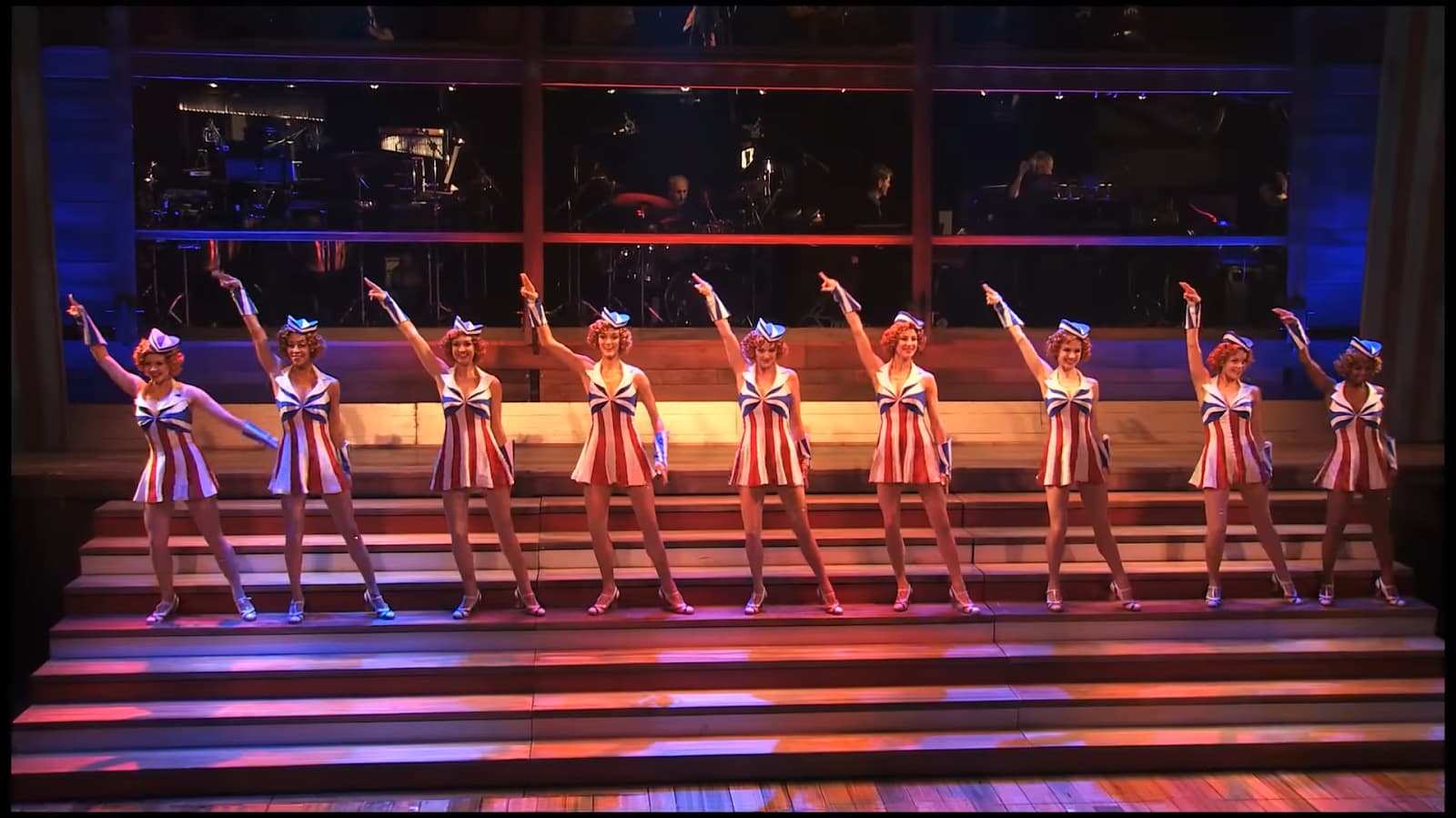Exploring the Narrative Depths of “Big Fish”
The Creators
“Big Fish” is a spectacular musical that owes its existence to a team of extraordinary creators. Andrew Lippa crafted the enchanting melodies and lyrics, while John August shaped the narrative with his engaging and thought-provoking book. The musical is an adaptation of a novel written by the talented Daniel Wallace, and it also draws inspiration from the critically acclaimed Columbia motion picture, scribed by none other than John August himself. In the theater world, it was the directorial prowess of Stephen Schellhardt, the musical direction of Michael McBride, and Megan Farley’s masterful choreography that breathed life into this heartwarming tale.
Show Dates and Location
This enchanting musical came alive on the stage of the Greenhouse Theater Center, located at 2257 N Lincoln Ave, from September 29, 2019, until November 17, 2019.
Decoding the Story

“Big Fish” is a captivating narrative spun around Edward Bloom, a man whose life is anything but ordinary—at least, that’s the picture painted by the stories he tells his son, Will. As Edward weaves tales of meeting witches, kissing mermaids, and joining the circus, his son is torn between disbelief and fascination. And when Edward speaks of proposing to Will’s mother, Sandra, in a field blooming with daffodils, Will’s skepticism peaks. At the cusp of fatherhood himself, Will grapples with the truth behind his father’s narratives, especially as Edward’s health deteriorates. The resolution of this strife forms the crux of “Big Fish.”
“Big Fish” is more than just a musical; it’s a reflection on parent-child relationships, identity, and the power of stories. Through Edward and Will’s exchanges, the musical delves into the intricate dynamics of father-son relationships, highlighting the challenge of understanding and accepting each other’s perspectives.
“Big Fish” also underscores the profound effect of storytelling on shaping our identities and our perception of others. The choice between embracing Edward’s tales as reality or dismissing them as fantasy is a metaphor for how we construct ourselves and our world. It highlights the idea that perception plays a significant role in how we experience reality. This musical encourages introspection and values understanding, empathy, and acceptance in our relationships.
Conclusion
In essence, “Big Fish” isn’t just a musical—it’s a journey through love, family relationships, and personal identity, all wrapped up in the enchanting power of storytelling. It impresses upon its audience the power of perception, the flexibility of truth, and the importance of stories in defining who we are. Through its captivating narrative, appealing characters, and insightful themes, “Big Fish” continues to mesmerize audiences, making them laugh, cry, and reflect. Ultimately, “Big Fish” is a magical tale that captures the universality of human experience, celebrating the larger-than-life lore that makes us who we are.
